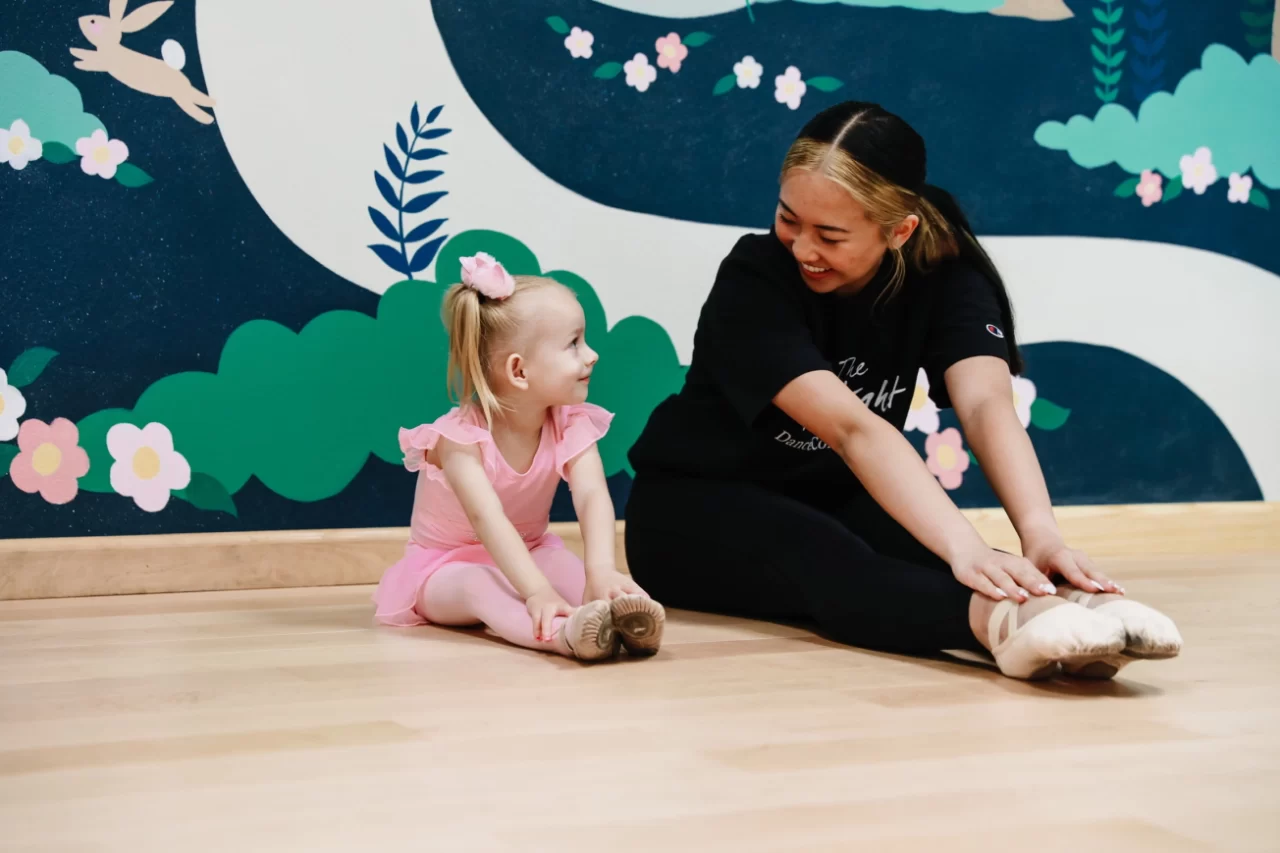
How to Help Your Child Overcome Performance Anxiety
Performance anxiety can be a significant challenge for young athletes. The fear of failure, the pressure to perform well, and the expectations of coaches, parents, and friends can create overwhelming stress, leading to decreased confidence and performance. As parents, we need to support and guide our children in overcoming these anxieties to help them enjoy sports, develop essential life skills, and foster a positive attitude toward competition.
Identifying Anxiety
Anxiety related to sports performance is a psychological condition that affects athletes of all ages. Estimates suggest that sports anxiety affects between 30 and 60 percent of athletes. It involves apprehension, worry about one’s abilities, and fear of failing to meet expectations during sports competitions or events.
Symptoms of performance anxiety can physically manifest as increased heart rate, sweating, hyperventilation, stomach pain or nausea, and tremors, which further hinder performance. For young athletes, the fear of disappointing their parents, coaches, or teammates can intensify these feelings, making it crucial for parents to address and mitigate these concerns.
Coaches and parents should watch for these symptoms or signs of unusual behavior surrounding competition. While parents and coaches are not expected to be experts on treating anxiety, the only way to help your child address the problem is to be aware of its existence in the first place.
Create a Supportive Environment
One of the primary steps in helping your child overcome performance anxiety is to create a supportive environment. Children should feel that their worth is not solely tied to their sports performance. They should feel appreciated for their efforts, dedication, and improvement. Encourage open communication, express pride in their hard work, and emphasize that mistakes are a natural part of learning.
Validate Their Feelings
Part of creating a supportive environment is to validate that your child’s concerns are real. Ignoring the problem or encouraging your child to “toughen up” or “just push through it” can discourage them and engender feelings of dismissal over their struggles.
According to Johns Hopkins All Children’s Hospital, acknowledging the validity of anxiety in sports can go a long way to helping children overcome their fears. For younger children who may not have the vocabulary to discuss anxiety in such a clear way, the use of “butterflies in the stomach” can be a way to broach this subject.
Identify if You May Be Unintentionally Adding Pressure
It is natural to want to praise our children for success or excellent performance in sports. However, if we only praise our children when they win, they may feel an added pressure to excel. Additionally, frequently providing unsolicited advice and feedback about a child’s performance can overemphasize the importance of winning.
Managing Stress and Anxiety
Teaching your child relaxation techniques can be beneficial in managing pre-competition jitters and performance anxiety. In order to alleviate stress symptoms, it can be helpful to practice techniques such as deep breathing, progressive muscle relaxation, and guided imagery.
Deep Breathing
Deep breathing has been used as a relaxation and meditation exercise for millennia, and with good reason. A 2017 study revealed that diaphragmatic breathing (deep breathing into your belly) can stimulate relaxation responses and benefit physical and mental health.
An exercise known as box breathing is a simple-to-follow and effective relaxation technique. The steps include:
- Inhale for a count of 4
- Hold for a count of 4
- Exhale for a count of 4
- Hold for a count of 4
These counts can be reduced to 2 for comfort and should help your child begin to relax.
Mindfulness and Visualization
Mindfulness and visualization techniques are valuable tools to help children manage performance anxiety. By teaching your child to focus on the present moment and become aware of their thoughts and emotions, they can better regulate their anxiety.
According to Dr. Patrick Cohn, founder of Peak Performance Sports and a sports psychologist, visualizing a successful competition stimulates the same brain regions as physically performing that action. This can help athletes condition their brains for successful outcomes and tune out distractions to stay calm.
As parents, creating a supportive environment and encouraging techniques to manage sports anxiety are essential to helping your child develop the resilience and confidence to excel and have fun.
Our expert coaches at America’s Kids In Motion in Clovis, CA, can help your child learn new skills and compete in a supportive environment. Discover the perfect athletic program for your child right here in Fresno County. Contact Us today for more information.




